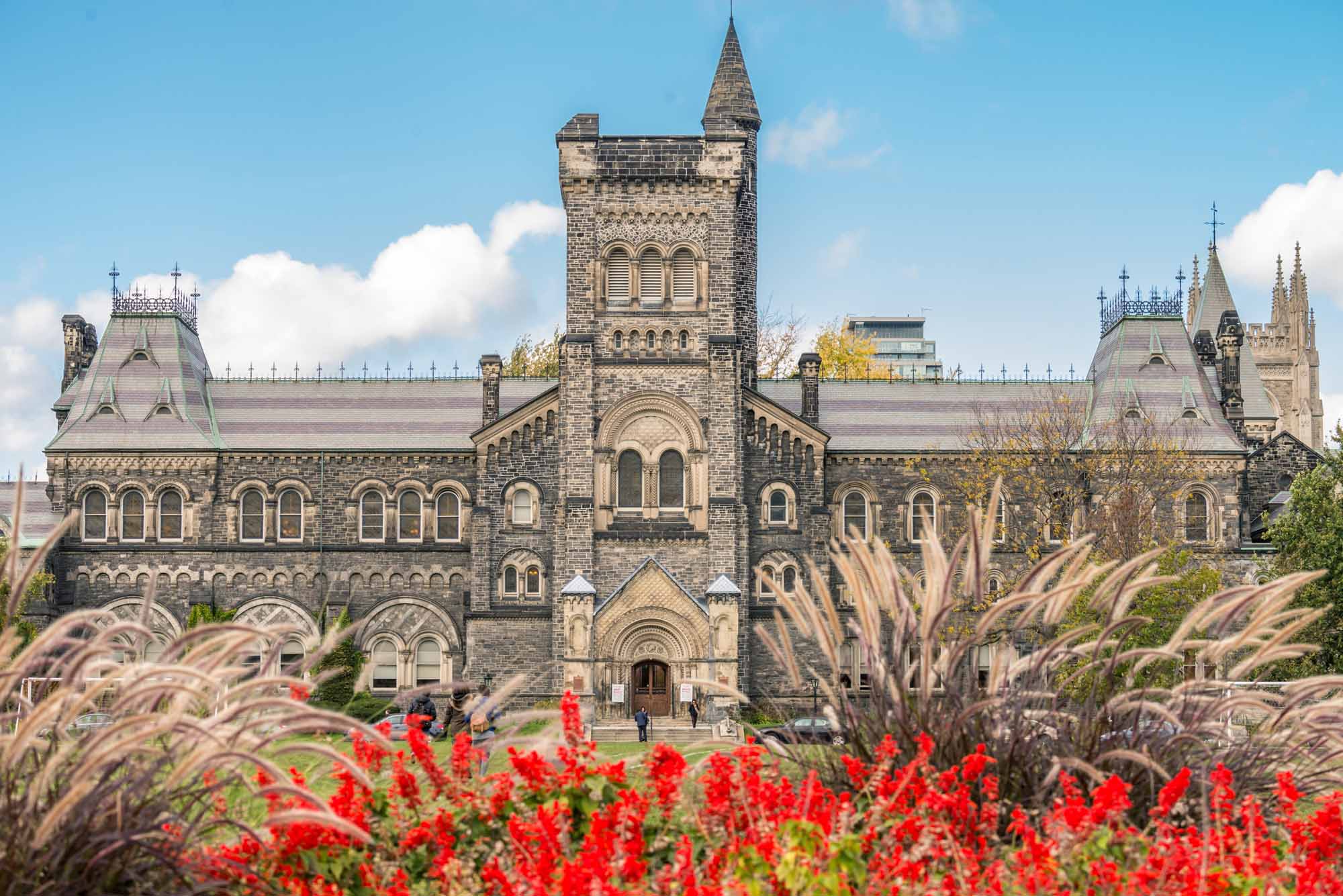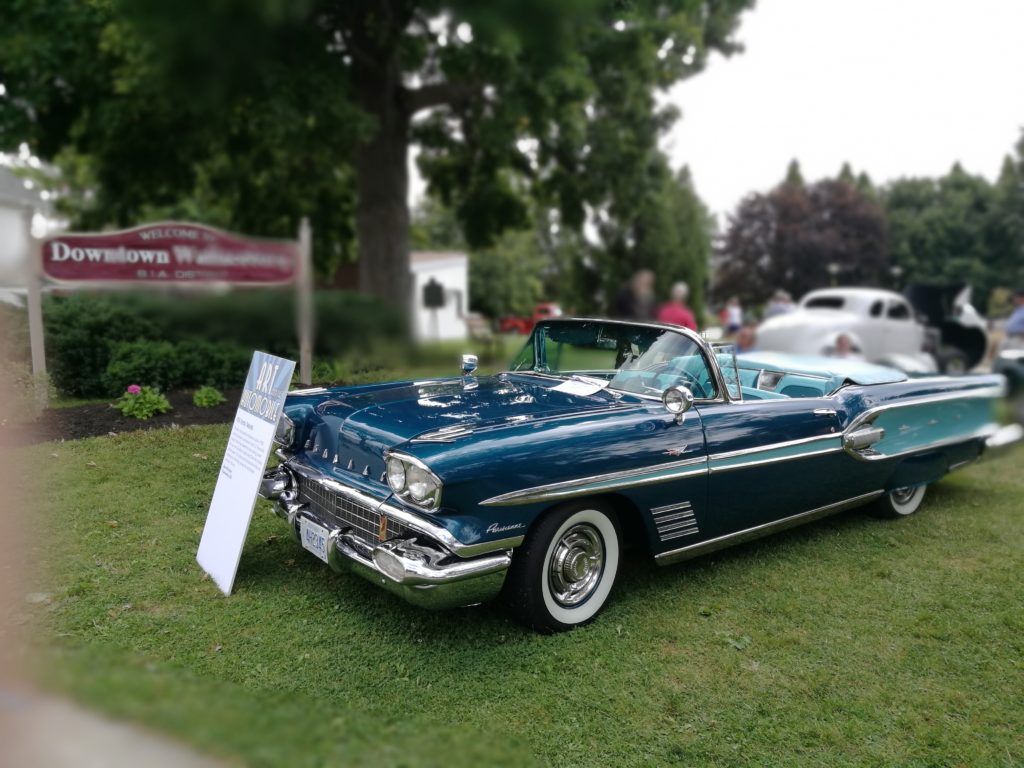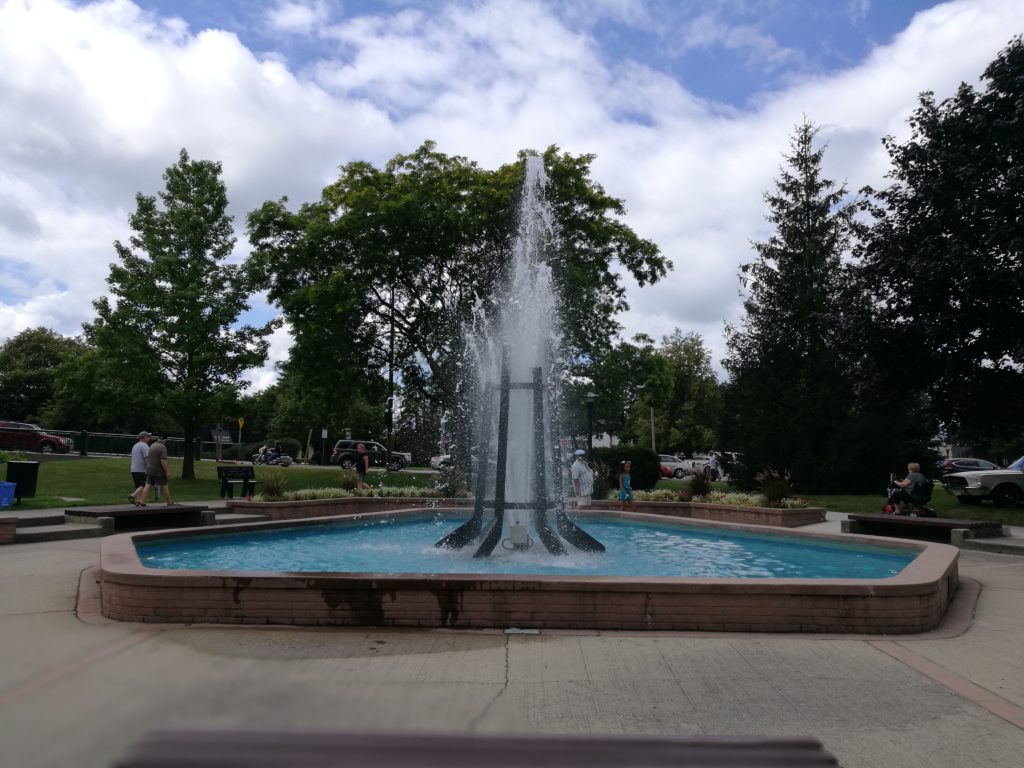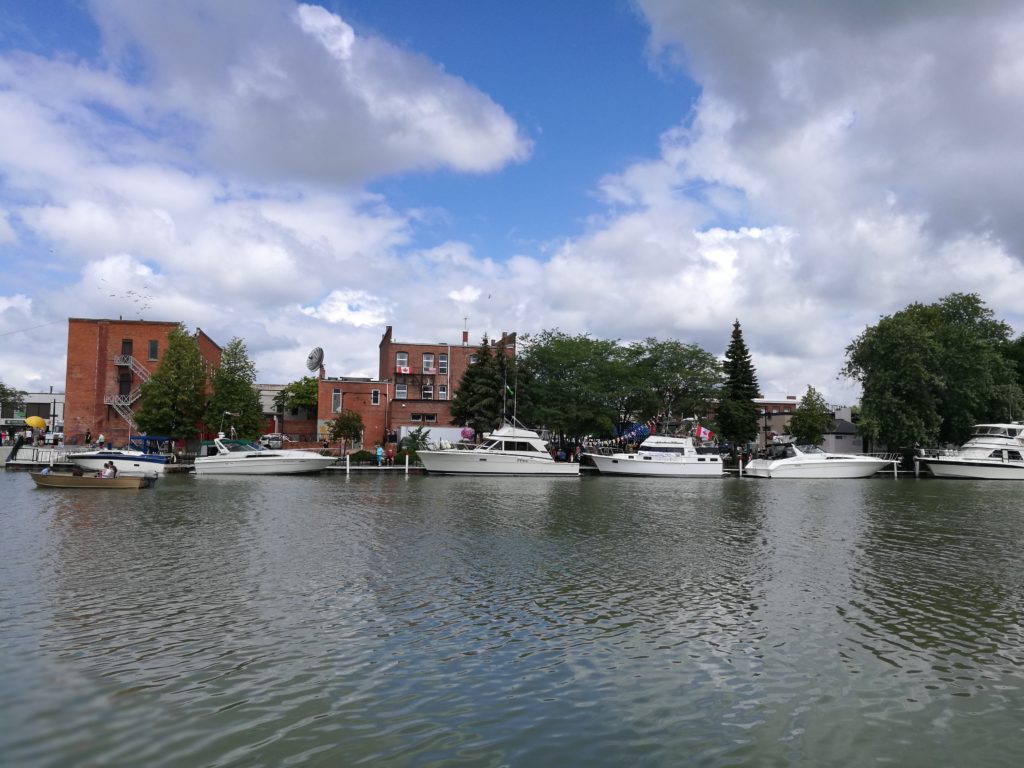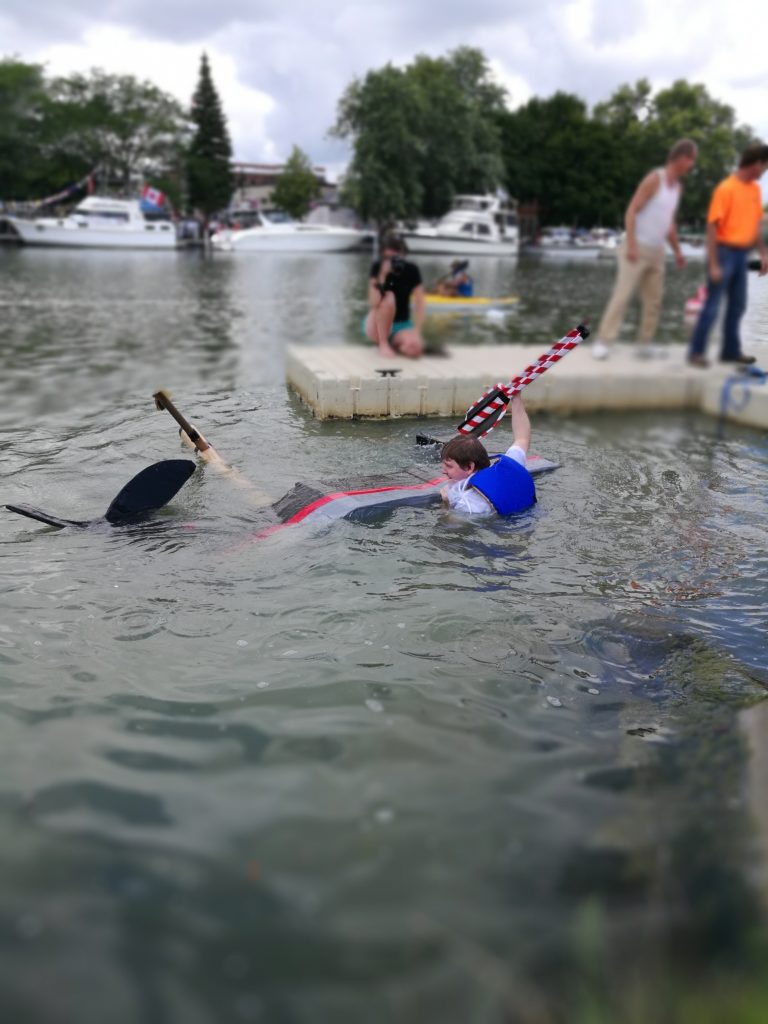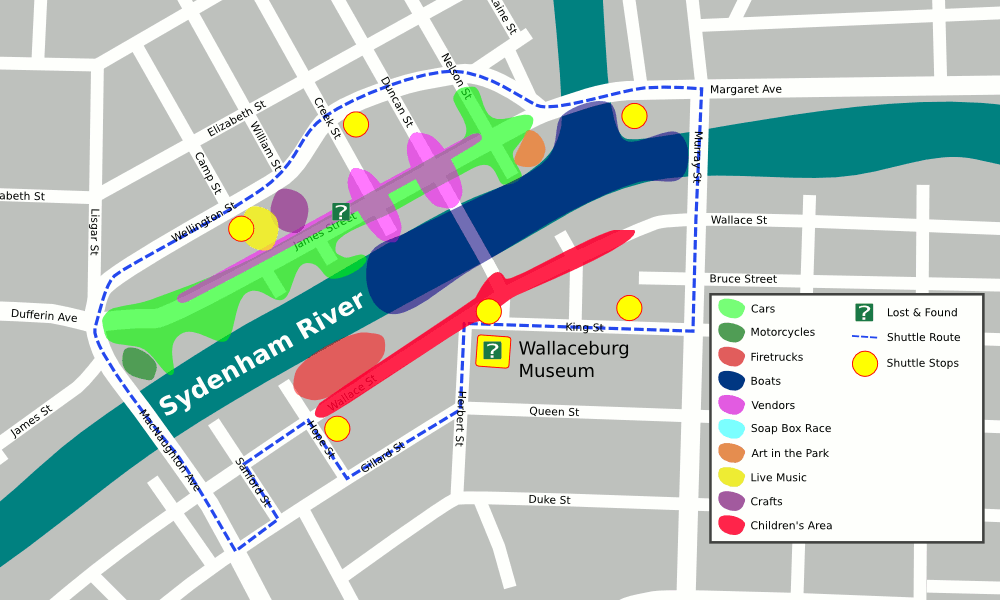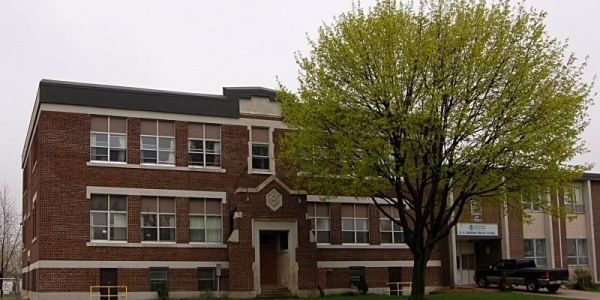

8 Tips for Choosing the Right High School Classes
If success in the college admissions process is important, then your student needs to choose the right classes.
The high school transcript is almost always the most important document in a student’s application. Keep in mind, though, rarely would there ever be one particular class on a transcript that would determine the applicant’s outcome.
While there’s no 100% guaranteed future college admissions formula, there are some strong patterns for success.
Here are some tips to guide you:
1. Meet the high school requirements. High schools have a list of required credits that must be taken in order to graduate. Most colleges (online and otherwise) require a high school diploma to enroll in any program that grants bachelor degrees.
2. Take a balanced set of classes. Typically, a student should try to take courses each year in English, science, math, the social sciences, and foreign language.
3. Choose a smart range of college-prep courses. A student doesn’t need to take AP Everything to get into college, but course choice depends on the selectivity of the colleges a student wants to attend. Demanding and challenging honors, accelerated, AP, International Baccalaureate (IB), and Advanced International Certificate of Education (AICE) courses make a student more desirable to a school. However, colleges recognize a student can only take advantage of accelerated courses if her high school provides them. If AP courses or International Baccalaureate programs are not offered at a high school, colleges understand and only expect that a student will excel in the opportunities to which there is access. Colleges also understand different schools have different requirements that may restrict what courses a student can take.
4. Show colleges a positive pattern. Colleges like to see a high level (or an improving degree) of rigor and success throughout a student’s high school years. This includes the senior year. Have you heard this famous question: “Is it better to take a course where I know I can get an ‘A’ or should I take a harder course and risk getting a lower grade?” The answer is: “It’s best to get an ‘A’ in a harder course.” For those who find this answer unacceptable, we advise students to take the higher course if the student thinks she can get a “B.” Normally “C” or below means that a student is simply in the wrong level. The key is that students need to seek challenge, not avoid it, and succeed in the challenges chosen.
5. Know the admissions guidelines for top choice colleges. Many colleges, especially the selective ones, have specific admissions requirements for entering students, for example, a foreign language requirement. It is best to research each school individually. Make sure your student meets any and all minimum requirements.
6. Pursue intellectual interests. It’s OK to take courses of a personal interest like filmmaking or fashion, just make sure it is not at the expense of a schedule’s overall rigor. Honesty is very important when a student is deciding between different courses. Is he or she choosing drama because of a real excitement about it and the challenge it presents, or is the motivation powered by a desire to avoid a different (and perhaps difficult) academic subject?
7. Consult with teachers, a high school counselor and/or an expert college advisor from International College Counselors on what courses are most appropriate. Some difficult decisions may also need to be made about which courses to take and how to balance schoolwork and extracurricular activities.
8. Do not catch Senioritis! Many admissions offices will check an applicant’s senior year program and performance before offering admission. Additionally, schools may rescind an acceptance if a student performed poorly during the senior year.
Students who push themselves to excel all the way through high school, or show a trend of improvement are the type of student colleges welcome. Colleges take “extra effort” to be a good sign that a student will do the same at their school.
What does a student need to graduate from high school?
Students need to complete a certain number of courses, do community service hours, and pass a literacy test.
To graduate from high school and receive an Ontario Secondary School Diploma (OSSD) students must:
- Earn 30 credits – 18 credits are compulsory. This means that students must take these 18 courses from a list of required subjects. The remaining 12 credits are optional. Students choose their optional courses from the full range of courses that their school offers.
- Pass the Ontario Secondary School Literacy Test (OSSLT) or Ontario Secondary School Literacy Course (OSSLC).
- Complete 40 hours of community involvement (volunteer work).
The high school program is based on a credit system. Students get 1 credit for every 110-hour course successfully completed.
Although students may take 8 credits per year and complete secondary school in four years, many students take a fifth year or an additional semester. Extending their studies this way allows them to take fewer courses each year (or explore their interest in other school subjects.) Some students take more courses than necessary or take courses during the summer and finish faster.
Get more information about high school graduation requirements.
